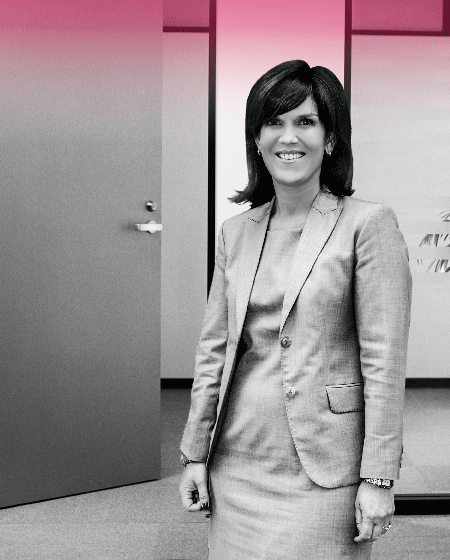Q: What excites you the most about your new position as Director of Post-Trade Services?
A: The past five years have seen unprecedented change in capital markets globally. Regulation drives much of the change, demanding a move towards greater transparency and improved governance. In addition, investor demands are shifting, and there’s a rapid evolution in – and increased dependence on – technology. New risks are arising along the capital markets value chain, and market participants are becoming more and more interconnected.
In this context, post-trade service is an area that is moving from backstage to centre stage. More than ever before, the market for post-trade services now represents a real opportunity for organisations with the right capabilities to position themselves strategically at the heart of the new market, while delivering stable and sustainable returns that are being eroded in other parts of the value chain.
The JSE has already significantly enhanced the sophistication of our post-trade capabilities over recent years. However, there is still more to be done and the possibilities that exist for the exchange to further leverage its post-trade offering – both in SA and elsewhere – are very exciting.
Q: Post-Trade Services has embarked on a range of projects, including the provision of an integrated clearing solution and providing a solution for over-the-counter derivatives clearing. Have these initiatives had positive results?
A: We are delighted with the results achieved in the projects completed in recent years. For example, in December 2015, the JSE’s derivative central counterparty (CCP) was recognised as being ‘equivalent’ to CCPs in the EU. This means that EU-based market participants that clear trades through JSE Clear will be permitted to continue clearing for investors trading on the JSE.
It is a vital step in our global credibility and also in retaining our multinational clearing members. It helps distribute the credit, liquidity, operational and legal risk on our market – instead of concentrating this risk in a smaller number of clearing members.
Another example is our T+3 project. From July, the settlement cycle in the cash equities market will be shortened from its current six-day (T+5) schedule to a new four-day (T+3) schedule – a significant enhancement that aligns the SA market more closely with international benchmarks and standards.
In addition, this change will allow for increased liquidity, enabling faster reinvestment of assets that are released from the settlement process quicker, and more prudent risk management.
Q: Are there any further initiatives that you are hoping to introduce?
A: We are currently working on integrated trading and clearing – ITAC – an important project that will result in an integrated solution for all SA markets. It will introduce, among other outcomes, real-time clearing and enable a central point of risk management across markets. Benefits from this technology include real-time risk management and non-cash and dollar collateral.
There will also be continued focus on various initiatives to strengthen the on-exchange clearing business, including revising the equity risk model and making risk-management enhancements to JSE Clear, the CCP.
Q: What do you consider to be the main challenges that lie ahead?
A: There are a number of post-trade initiatives that the JSE wants to implement in the coming years to ensure that we continue to deliver value to our clients across a broad range of products and services. However, this is not a simple task as the environment is extremely complex, and there are many different initiatives to be juggled.
We require highly specialised skills and sophisticated technological solutions to be successful.
Fortunately, we have a very strong team of experienced and dedicated individuals at the JSE – and in SA in general – who collectively give us the confidence that we will be successful in our aspirations for growing the business.
Q: With your strong background in – and knowledge of – banking, capital markets and risk management, do you anticipate that the Brexit referendum outcome will impact on capital markets, the JSE or Post-Trade Services division?
A: The manner in which the UK is ‘unravelled’ from the EU will certainly bring waves of uncertainty into global markets, and investors are likely to seek out traditional ‘safe havens’. SA has very close ties to the EU – our largest trading partner – and lower demand and capital availability as a result of slower EU growth will likely result in contagion effects in SA.
However, the extent of the impact on SA capital markets is difficult to predict. Although the rand weakened immediately after the Brexit result announcement, it was not beyond levels seen in recent months.
I am confident that the JSE’s current and planned operations as well as risk management capabilities will stand us in good stead, should we experience high levels of market volatility and uncertainty in the coming months as the full impact of Brexit comes to the fore.
Q: What is your message to both current and potential investors?
A: SA is open for business. We offer appealing investment opportunities and a safe, world-class exchange environment in which to operate.









